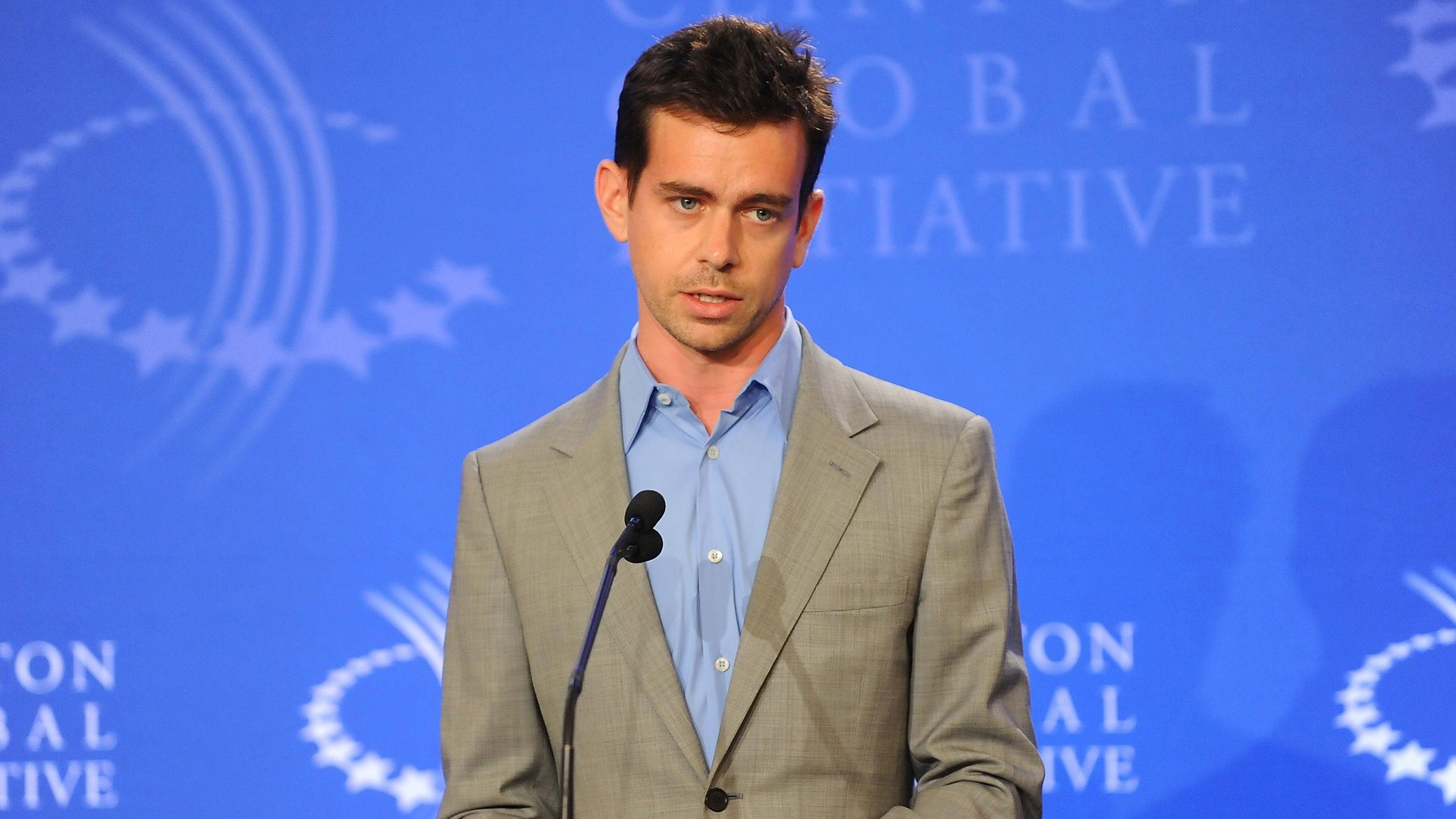Not everyone’s on board with Jack Dorsey as Twitter’s permanent CEO
Well, that was quick. The excitement over reports yesterday (Sept. 30) that Twitter cofounder Jack Dorsey would be named the social network’s permanent CEO has already faded—and investors are back to being anxious.


Well, that was quick. The excitement over reports yesterday (Sept. 30) that Twitter cofounder Jack Dorsey would be named the social network’s permanent CEO has already faded—and investors are back to being anxious.
The news is not yet official—a Twitter representative declined to comment—but it’s obvious investors are tired of waiting. Twitter shares are getting pummeled today, down more than 7% and dipping below $25 in intraday trading. (Update: The stock closed at $24.67, an 8.4% decline.)
Dorsey, now its interim chief executive, seems the most obvious candidate to lead Twitter. He helped found the company, acted as its first CEO, heads the board as chairman, and already occupies the position in question.
But he remains devoted to Square, the payment processing company he founded, and has no intention to step down as CEO. “I’m Square CEO and that won’t change,” he said in a statement in June, which prompted speculation that he might be willing to head up both companies. This appears to be the only reason why Twitter’s board hasn’t already named Dorsey as CEO.
It’s a reasonable concern. Twitter has fundamental problems it needs to solve, and this will prove challenging for any leader—let alone someone who’s also managing a second company that’s expected to go public soon.
Nomura analyst Anthony DiClemente echoed these doubts in an analyst note yesterday. ”We are less certain of Jack Dorsey’s ability to drive effective structural change, particularly if he continues as CEO of Square,” he wrote. “Current issues at Twitter represent a significant challenge for any CEO; as result, we are unclear as to whether Mr. Dorsey could help drive user growth reacceleration and monetization stability while separately leading an IPO process for Square.”
Furthermore, it remains uncertain what, exactly, Dorsey would do differently to turn around Twitter. “Given that Mr. Dorsey has overseen Twitter since inception as CEO and Chairman, it is unclear the extent to which his ascension to permanent CEO will result in change that addresses major concerns regarding user growth trajectory and improved monetization,” DiClemente continued.
One thing is clear: Keeping impatient investors waiting is only heightening their concern. Twitter needs a leader with clear direction—fast.